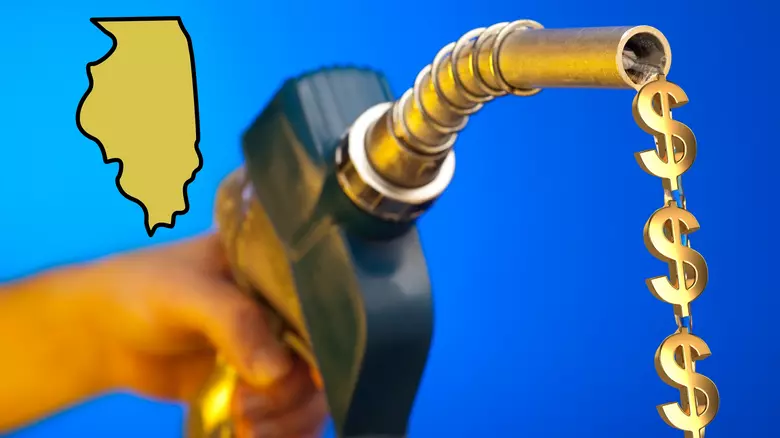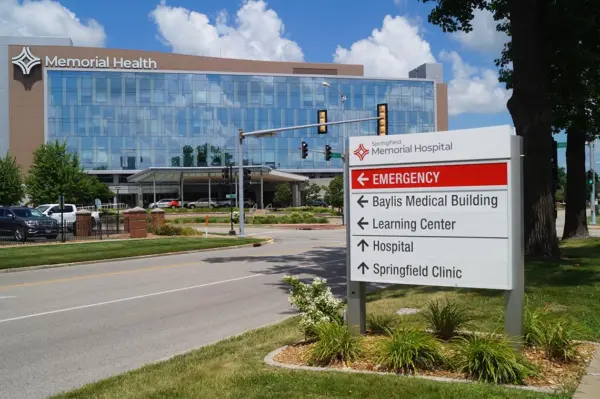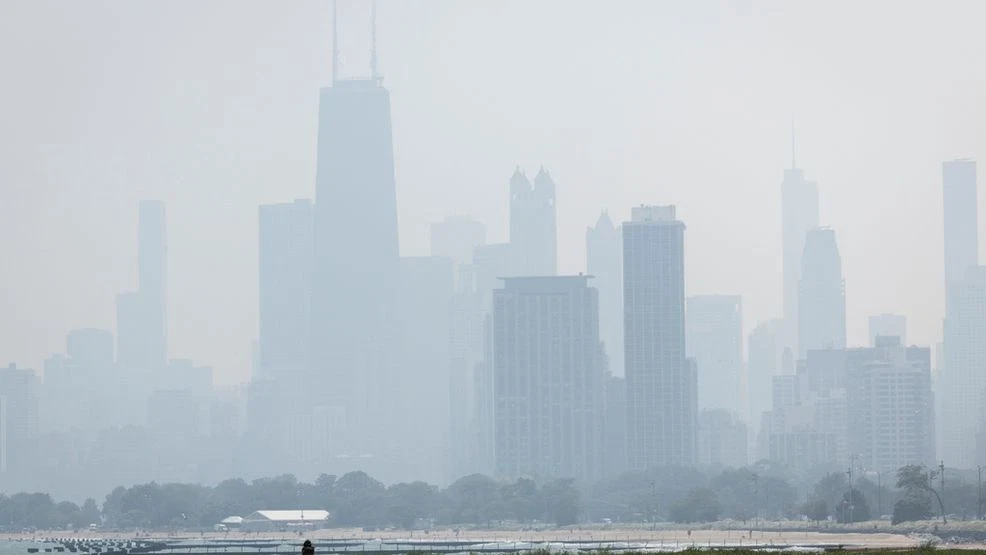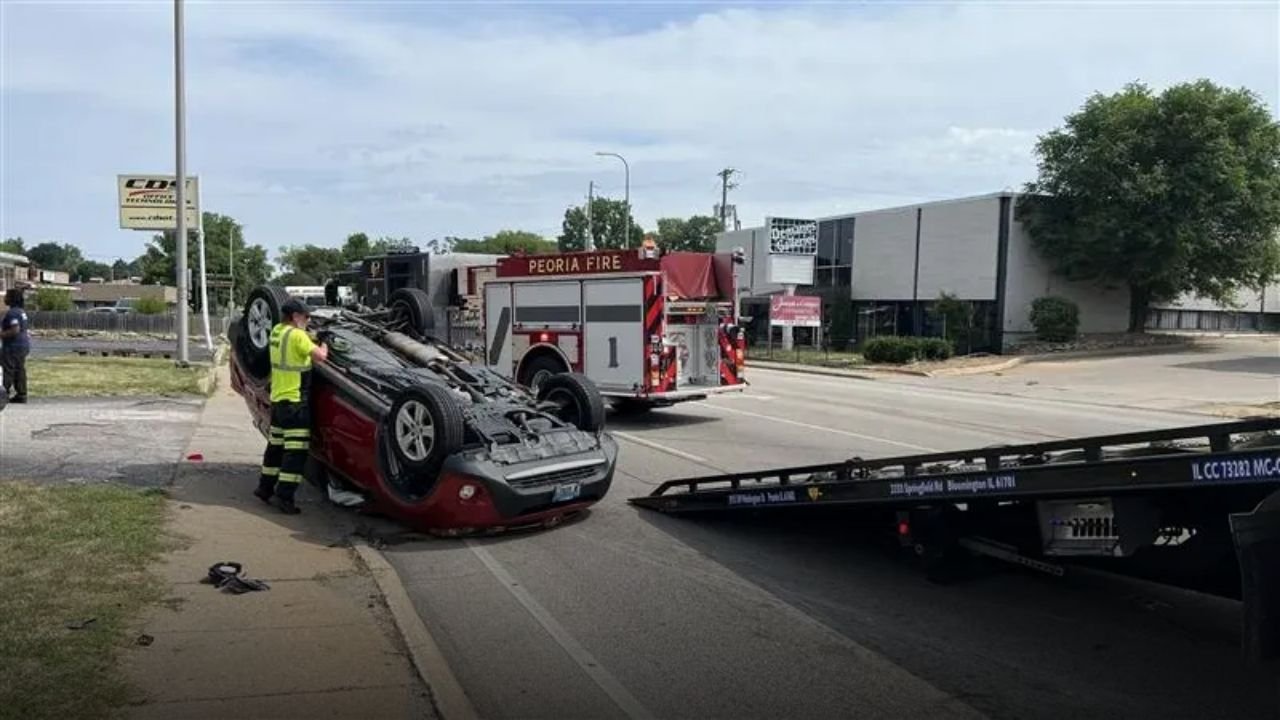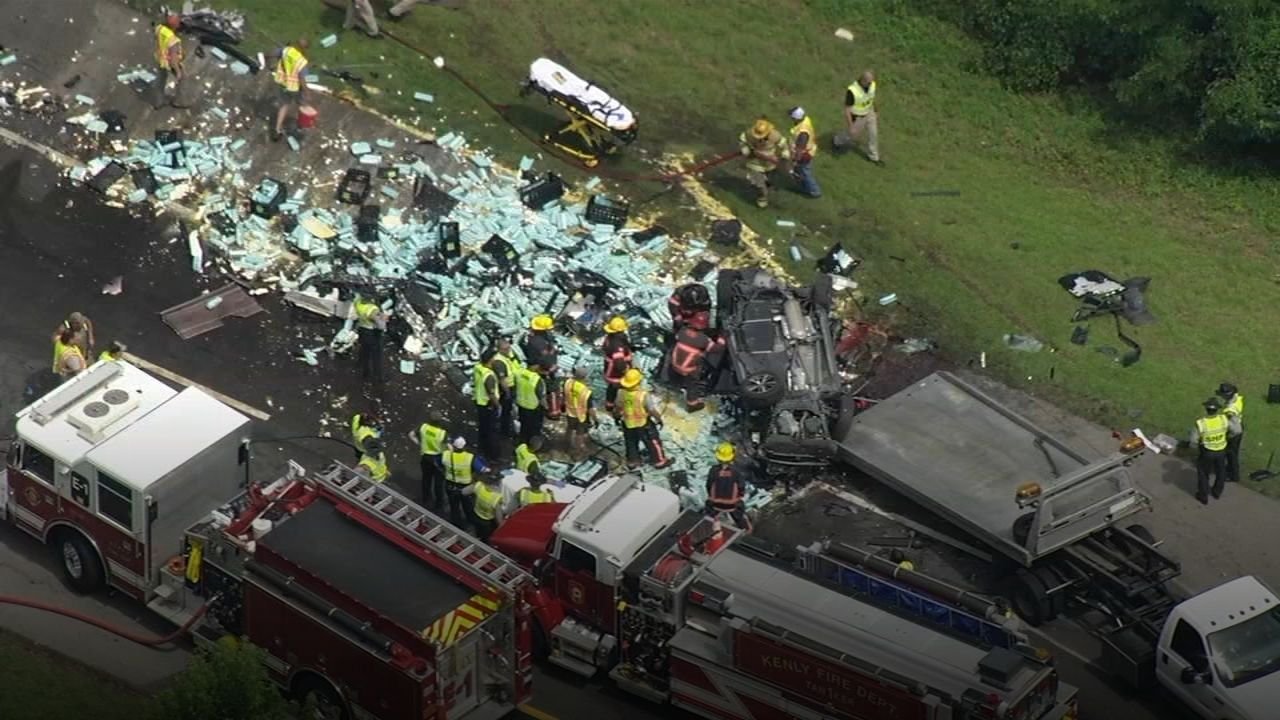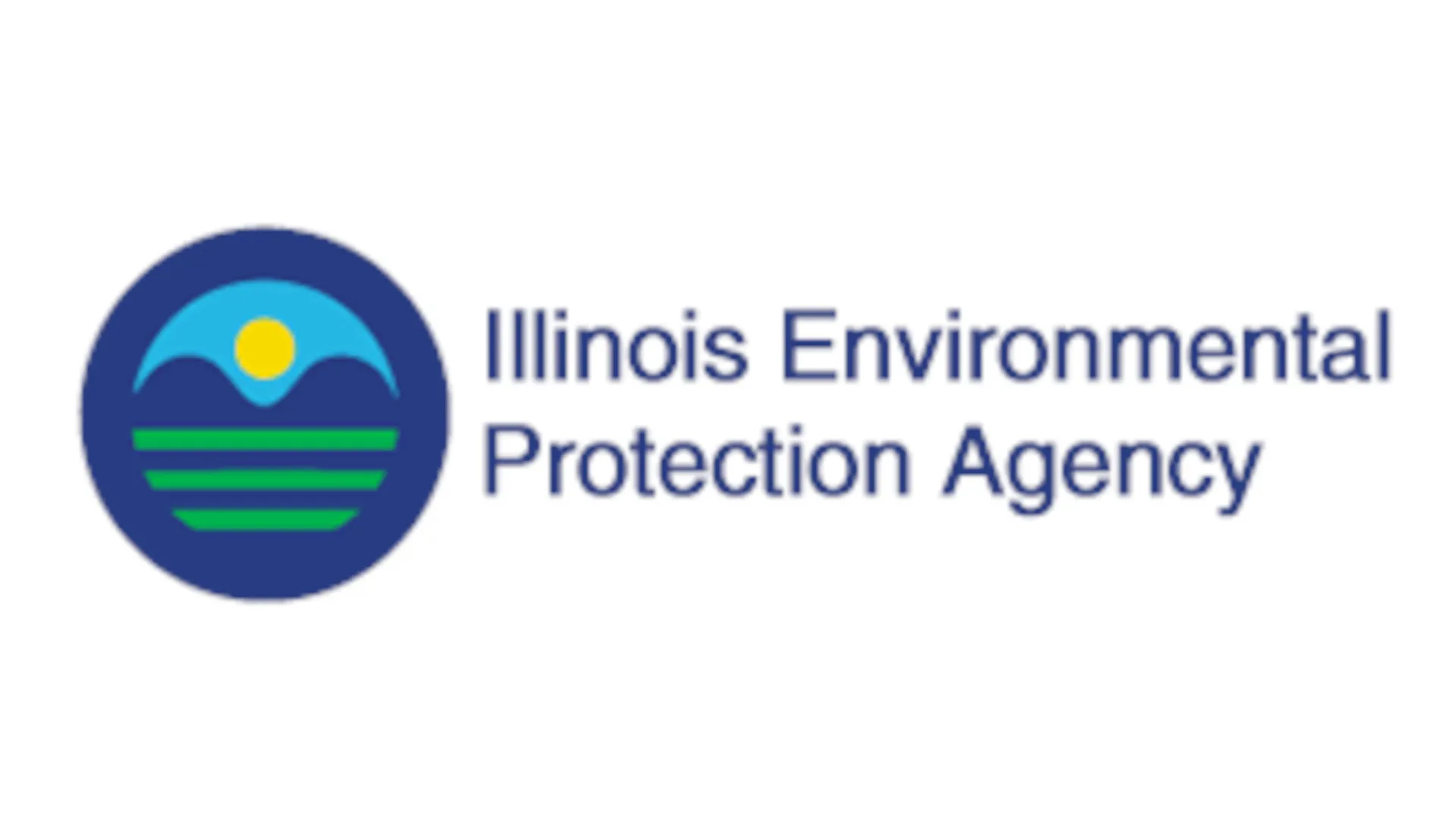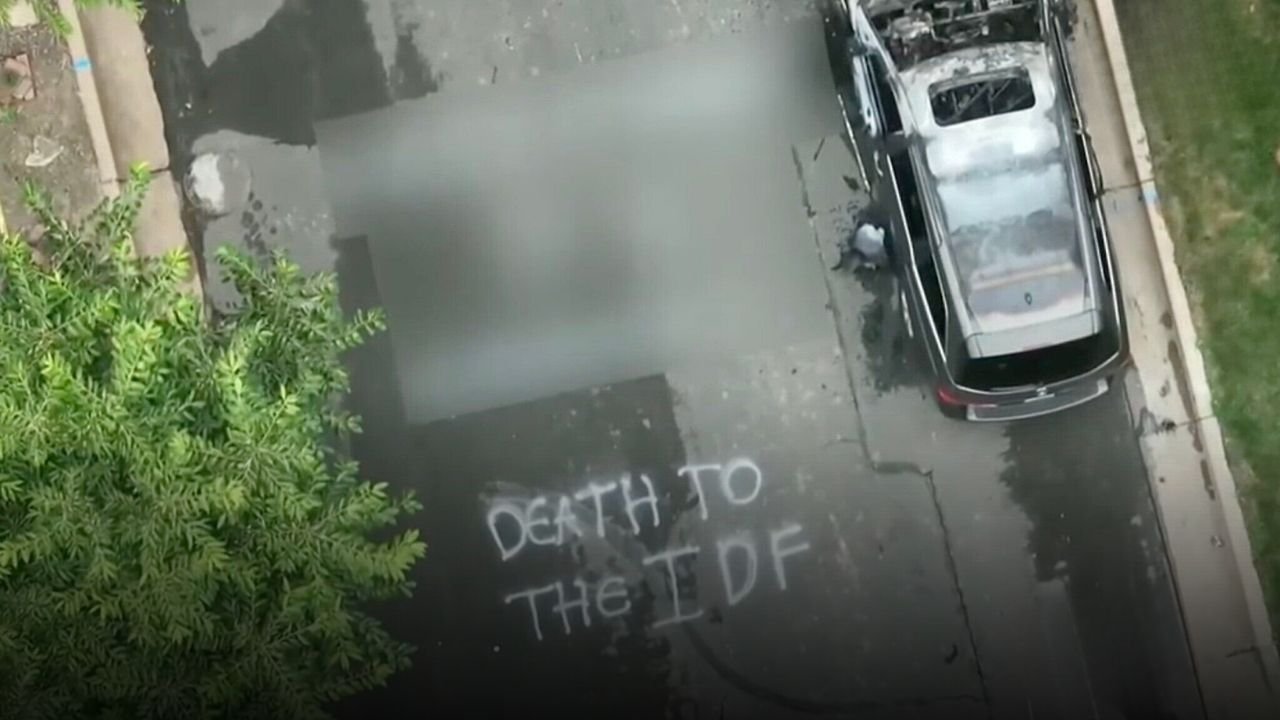ILLINOIS — Starting July 1, Illinois residents will begin paying more for several everyday goods and services, as a new round of taxes kicks in to support the state’s $55.2 billion budget for fiscal year 2026.
The tax hikes span across five major categories: gas, vaping products, sports betting, telecommunications, and short-term rentals. The goal, according to lawmakers, is to increase targeted revenue streams without enacting broad-based income tax increases.
Higher Gasoline and Diesel Taxes
Drivers will see a small increase at the pump. The state gas tax will rise from 47 to 48 cents per gallon, while diesel will increase from 54 to 55 cents per gallon.
This adjustment is tied to inflation, part of a 2019 law designed to fund infrastructure projects across Illinois. But the timing is raising concerns as rising tensions in the Middle East could push fuel prices even higher.
Nicotine Product Tax Increase
The tax on vaping and tobacco products will increase from 36% to 45%, aiming to generate an additional $50 million in revenue for the state.
This includes traditional cigarettes, e-cigarettes, and other nicotine delivery systems. Advocates say the increase may also deter youth usage.
New Sports Betting Fees
One of the more controversial changes is a new per-bet fee on sports wagering platforms.
The state has approved a 25-cent fee per bet for the first $20 million in wagers, and a 50-cent fee for each additional bet after that. Officials project $36 million in added revenue from this measure.
FanDuel and DraftKings have already announced that customers will begin seeing the 50-cent surcharge starting September 1. According to FOX 32 Chicago, FanDuel’s parent company, Flutter, said it can no longer absorb the state’s rising betting taxes.
“Illinois policymakers have more than tripled our tax rate over two years,” said DraftKings CEO Jason Robins. “It threatens the legal industry and empowers illegal markets that offer no consumer protections.”
New Tax on Short-Term Rentals
Short-term rental platforms like Airbnb and Vrbo will now be required to collect and remit the state’s hotel-motel tax, starting July 1.
Airbnb has already been paying the tax voluntarily, but the formal requirement across platforms is projected to bring in another $10 million.
Telecommunications Tax Increase
Illinoisans can also expect higher phone and internet bills, as the telecom services tax increases from 7% to 8.65%.
This applies to all forms of telecommunications: phone lines, messaging services, VoIP, and internet-based services. Officials estimate the hike will contribute $50 million to the budget.
Read More: Trump’s New Travel Ban Sparks Fear Among Congolese Community in Central Illinois
Mixed Reaction from Business Leaders
While Gov. J.B. Pritzker has pledged to veto any income tax increases, the budget relies on industry-specific fees and product-based taxes.
The Illinois Chamber of Commerce praised job-growth incentives in the new budget but warned that “the added costs on businesses… will harm the state’s business climate and growth opportunities.”
In a recent report, the chamber said the new taxes may “impede growth, impact jobs, and affect communities statewide.”
What Comes Next
All new tax policies go into effect on July 1, 2025.
Illinois residents should expect changes in pricing for gas, vape products, sports wagers, phone bills, and some Airbnb stays. Companies have already begun communicating these adjustments to users, especially in the betting and travel sectors.
What do you think of these targeted tax increases? Will they help or hurt Illinois families? Share your thoughts in the comments on ChicagoSuburbanFamily.com.

